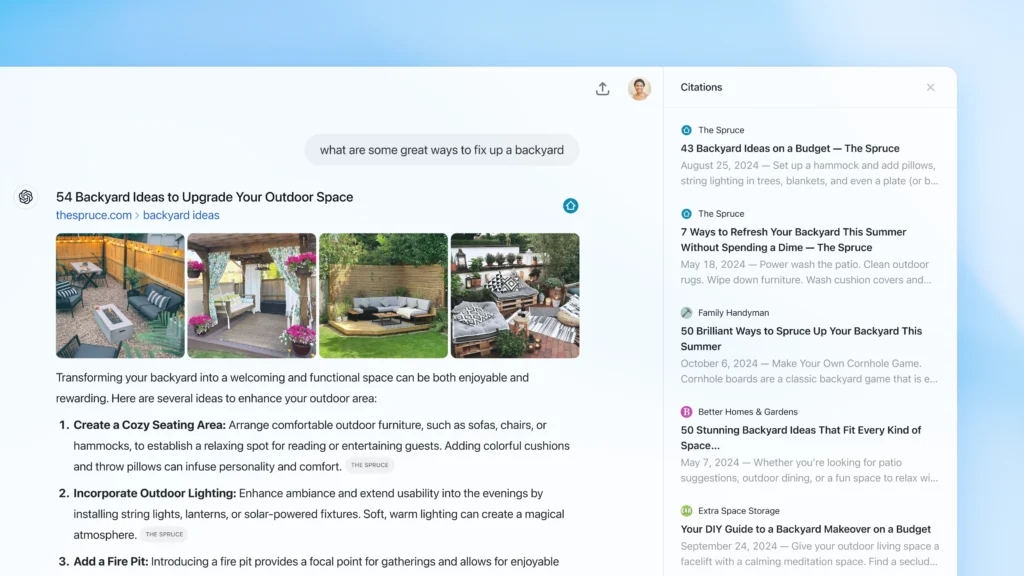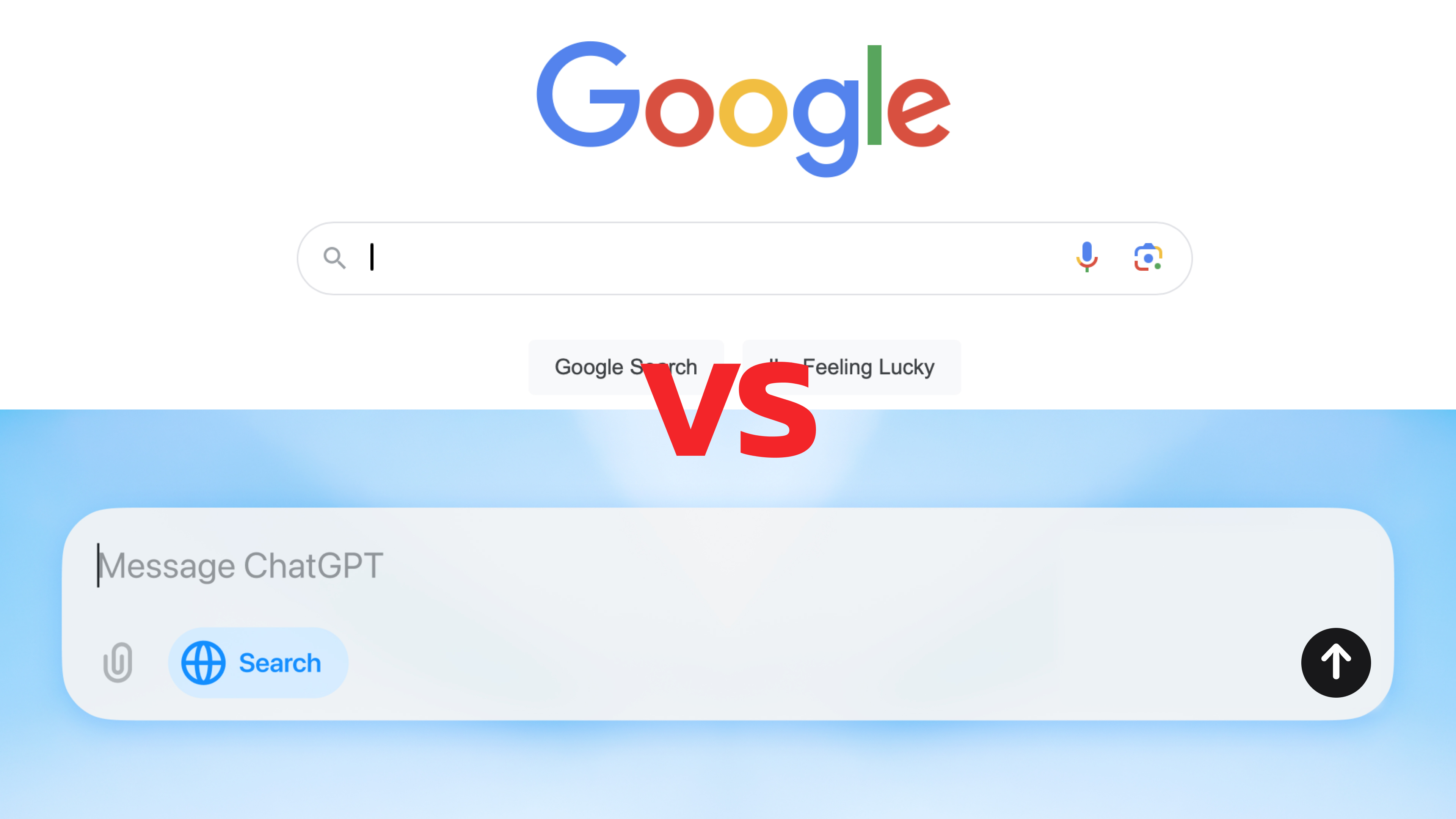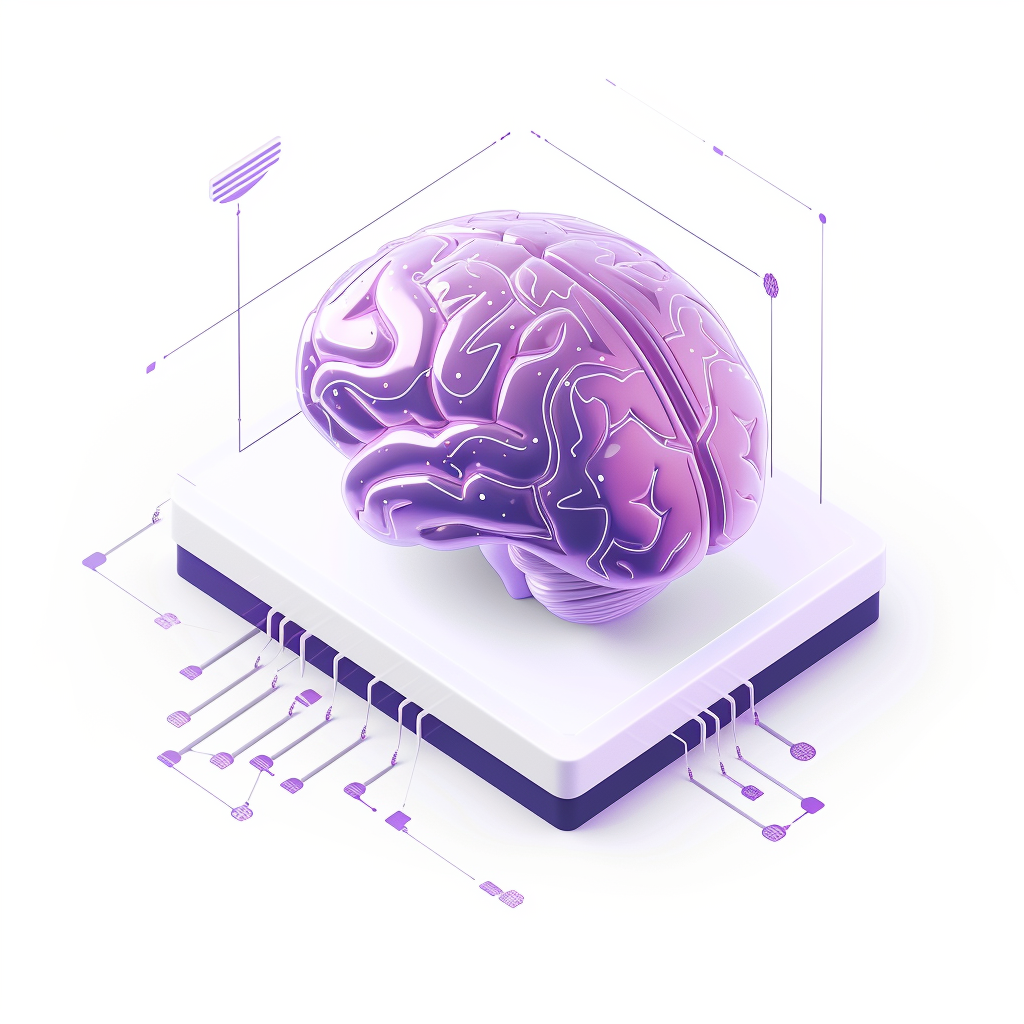ChatGPT’s new web search (sometimes called SearchGPT) feature has generated plenty of buzz in past week, with many speculating if it could challenge Google’s long-standing dominance.
We think that rather than trying to replace Google, ChatGPT Search offers a fresh, AI-driven approach that’s tailored for specific needs. With conversational answers, a clean, ad-free interface, and the ability to pull real-time information from the web, ChatGPT Search aims to make finding information quicker and more streamlined.
While Google remains unbeatable for comprehensive results, local searches, and product comparisons, ChatGPT shines in handling complex, context-heavy questions and delivering clear, direct answers. Here’s a look at how these two search tools measure up and how ChatGPT is carving out a unique role in the world of online search.
How ChatGPT Search Works
ChatGPT Search gives users access to real-time web information right within their conversation. With a simple toggle, users can pull in current data from the web, thanks to ChatGPT’s collaboration with Bing. Unlike traditional search engines that rely on a static database, ChatGPT uses two “robots”: one to provide general knowledge from training data and another to fetch the latest information from the web, ensuring responses stay relevant and up-to-date.
When users ask a question, ChatGPT synthesizes information from multiple sources, giving a single comprehensive answer with links to the original content for easy verification. This is especially useful for complex research topics—say, learning about the latest sustainable housing trends—where ChatGPT can save you the hassle of opening and reading multiple tabs. Additionally, ChatGPT’s conversational nature means it retains context across follow-up questions, creating a smoother, more interactive experience.

ChatGPT Search’s Strengths
ChatGPT shines when it comes to summarizing information and handling complex, multi-part questions. It’s also great for ongoing conversations; if you ask about the weather in Rome, for instance, you can then follow up with restaurant recommendations, and ChatGPT remembers the context. ChatGPT’s ad-free responses are also a breath of fresh air compared to Google’s ad-heavy results.
Moreover, ChatGPT can now include images and videos in its answers, making it a richer source for multimedia-related questions like “What does a traditional Japanese garden look like?” Rather than just getting a description, you might also see relevant visuals right in the chat.
Where ChatGPT Search Falls Short
However, ChatGPT Search isn’t perfect for everything. For one, it can struggle with short, straightforward questions like “library hours.” Because it lacks Google’s extensive user data, it can’t offer the same level of location-based accuracy for quick, on-the-go information. Google, by contrast, uses years of user data to tailor answers with precision.
There’s also the issue of accuracy—ChatGPT can sometimes “hallucinate,” producing confident but incorrect responses. This tendency makes it less reliable for sensitive topics like health and financial advice, where Google’s links to authoritative sites provide an extra layer of trust. Shopping searches are another area where Google leads, offering direct links, product comparisons, and real-time pricing that ChatGPT currently lacks.
ChatGPT Search vs.Google
ChatGPT Search and Google each have strengths, serving different needs. ChatGPT is ideal for research and handling complex, context-heavy questions, while Google remains unbeatable for quick, real-time information, local searches, and product comparisons.
ChatGPT’s ability to summarize information from multiple sources makes it efficient for in-depth questions. Its conversational flow lets users ask follow-up questions naturally, without starting over each time, which is a major benefit for users who want a smoother experience.
On the other hand, Google’s extensive data and integration with location services make it the top choice for immediate answers. It’s especially useful for local searches like finding nearby restaurants and for shopping-related queries, providing direct links, reviews, and up-to-date prices.
ChatGPT Search
- Complex research topics, like trends or historical overviews
- Summarizing information from multiple sources in one answer
- Follow-up questions within the same context for natural interaction
Google Search
- Real-time updates, such as weather or news
- Local searches, like restaurant recommendations or directions
- Product searches, showing prices, reviews, and direct shopping links
In the end, both ChatGPT Search and Google Search have their roles. ChatGPT saves time on complex and context-based queries, while Google remains essential for fast, factual results and precise location-based information.
The Future of Search
ChatGPT Search and Google are becoming two unique options for finding information online. While ChatGPT isn’t here to replace Google, it’s quickly gaining appeal as a fresh alternative for daily questions. Its conversational tone and lack of ads make it feel like a simpler, friendlier option. Google, though, remains the go-to for complex searches, real-time updates, and local information.
Google is known for its speed, instantly delivering detailed results backed by years of refined technology. ChatGPT is also fast, providing focused answers in an easy-to-read format powered by AI.

When it comes to accuracy, each has strengths. Google gives a vast range of sources and visuals, but it can feel cluttered with ads and links. ChatGPT Search, by contrast, offers concise, direct answers with clear source links, making it easier to find what you need without extra noise.
In terms of user experience, ChatGPT feels more like a conversation, giving answers that feel personal and easy to follow. Google remains a powerhouse for in-depth information, offering more visuals and sources, but it can feel overwhelming.
Both excel with real-time info, though Google might require a bit more clicking around. ChatGPT’s AI-driven responses keep things simple and straight to the point, delivering just the answer.
Though Google still holds most of the search market, ChatGPT is gaining popularity for its clear, focused answers. Together, they offer the best of both worlds: Google for detailed, in-depth searches, and ChatGPT for quick, conversational answers.







